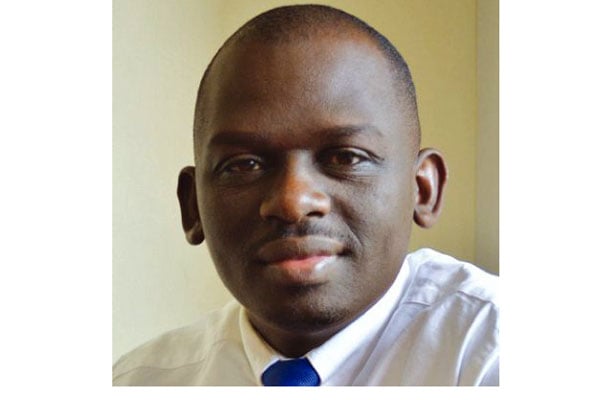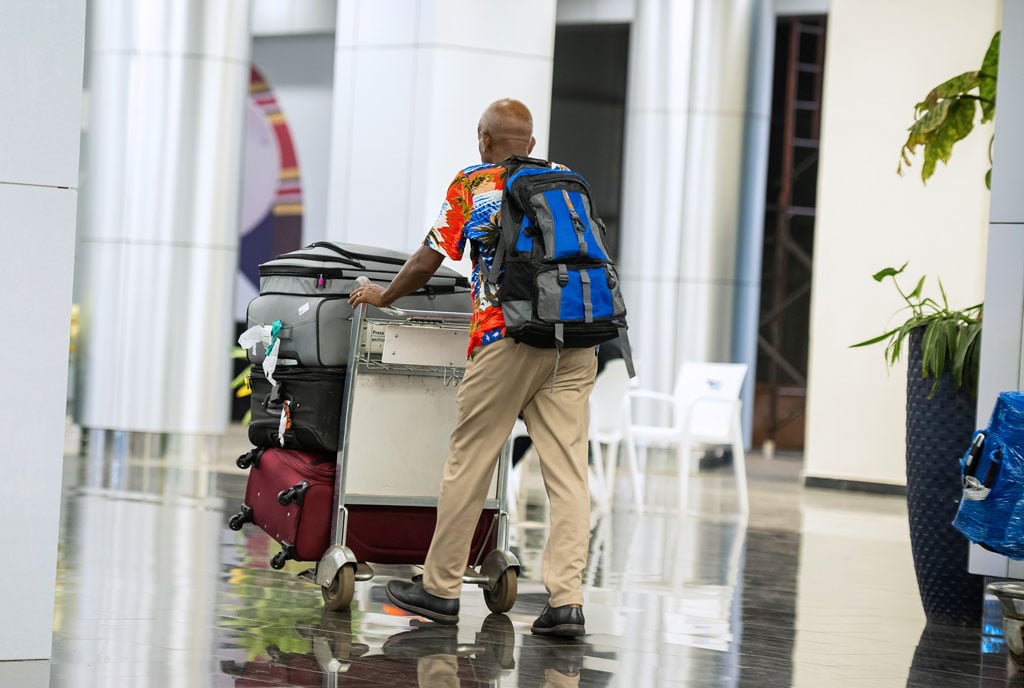Driving socio-economic transformation through affordable financial services

Tadeo Atuhura
What you need to know:
- With Uganda’s population of 45.9 million people—76 percent residing in rural areas, 39 percent living in poverty, and nearly half under 15—empowering the majority with affordable credit and business development services is crucial
Uganda convened the 2nd National Microfinance and Savings Groups Conference on July 17 and it ended on July 18. This year’s theme, "Leveraging collaborations, partnerships, and promoting a savings culture to foster socio-economic transformation," was exceptionally relevant as we consider the transformative impact of providing microcredit financial services to the economically active poor in rural regions.
I enjoyed engaging with Christine, a remarkable entrepreneur from the Kapchorwa District. Celebrated in her community for her premium honey, exceptional coffee, and thriving poultry project, Christine employs three individuals and generates substantial annual revenue—a long-held aspiration now realised. She provides for her family, accesses top-tier healthcare, and champions other women in her community.
This extraordinary transformation was enabled by seed capital acquired through her savings and credit cooperative organisation (Sacco), The Women Tailors Sacco, which now serves 270 members. This Sacco has expanded from an initial seed capital of Shs30 million to an impressive Shs87 million. By adhering to the Microfinance Support Centre (MSC) development model—which emphasises the establishment of robust, resilient Saccos and institutions that foster sustainable development—Christine and her peers have emerged as transformative leaders within their communities.
Christine’s success exemplifies the government’s commitment to elevating economically active poor Ugandans through the Presidential Initiative on Wealth and Job Creation (Emyooga) and other development initiatives. Launched in 2019, Emyooga is a cornerstone of the broader government strategy to transition 39 percent of households from subsistence to market-oriented production.
Supported by the government and executed by the MSC in partnership with district and community-based networks, this transformative initiative targets key stakeholders in the socio-economic transformation process. These include women entrepreneurs, produce dealers, restaurant proprietors, tailors, market vendors, boda boda riders, mechanics, persons with disabilities (PWDs), taxi operators, veterans and their families, welders, performing artists, and journalists. Christine’s story stands as a testament to the profound socio-economic metamorphosis achievable when affordable financial services reach the economically active poor.
The programme has profoundly impacted countless lives. With more than two million beneficiaries (49 percent women, 33 percent youth, and 10 percent PWDs); more than 567,761 employment opportunities created (both direct and indirect); and 6,810 constituency-based Emyooga Saccos (each serving 30 to 600 members) receiving seed capital across 146 districts, including cities; alongside more than 2,000 additional lives transformed through other MSC-led initiatives, the effects on individuals, households, and communities are significant.
With Uganda’s population of 45.9 million people—76 percent residing in rural areas, 39 percent living in poverty, and nearly half under 15—empowering the majority with affordable credit and business development services is crucial. MSC plays a pivotal role in this effort.
Under the visionary leadership of President Museveni, more households are embarking on the path of socio-economic transformation through accessible and strategically designed programmes such as the Parish Development Model, Uganda’s Youth Livelihood Programme (YLP), Emyooga, and other significant initiatives. These programmes empower economically active poor Ugandans, smallholder farmers, artisan and cottage industries, youth groups, women-led enterprises, cooperatives, and marginalised groups such as PWDs, albinos, and slum-dwellers.
As these initiatives expand, more Ugandans, like Christine, are securing their futures, vividly illustrating the value embodied in building strong Saccos and Groups for Social Economic Transformation.
Tadeo Atuhura is the communication manager at Microfinance Support Centre




